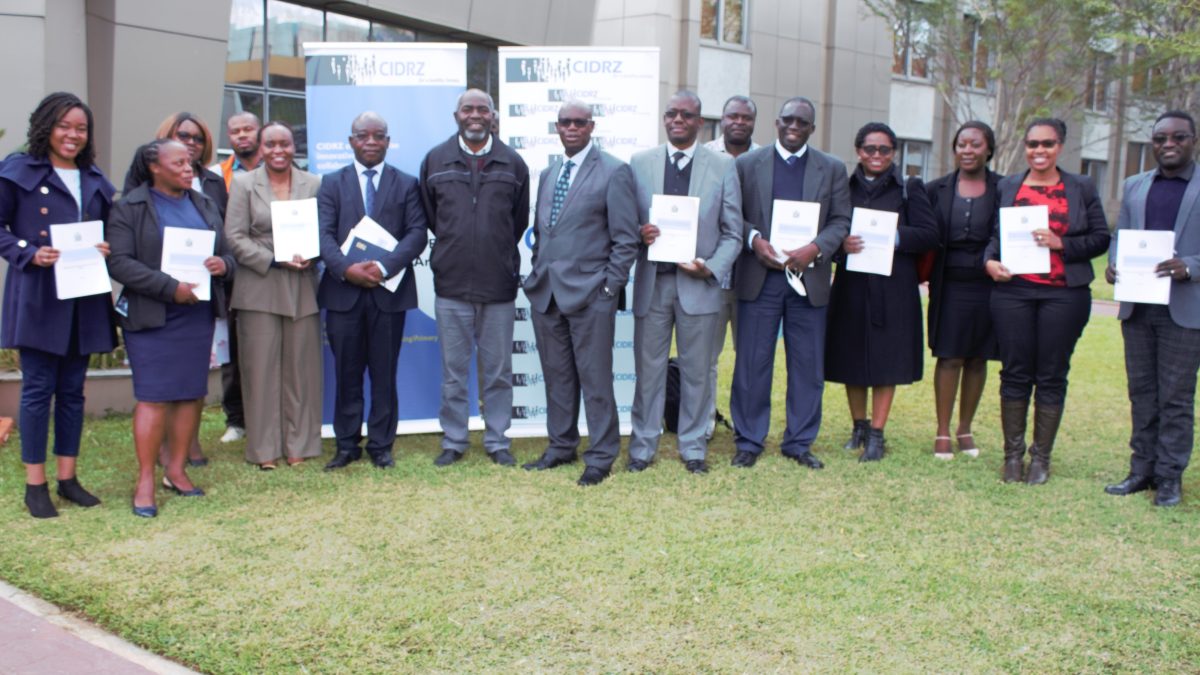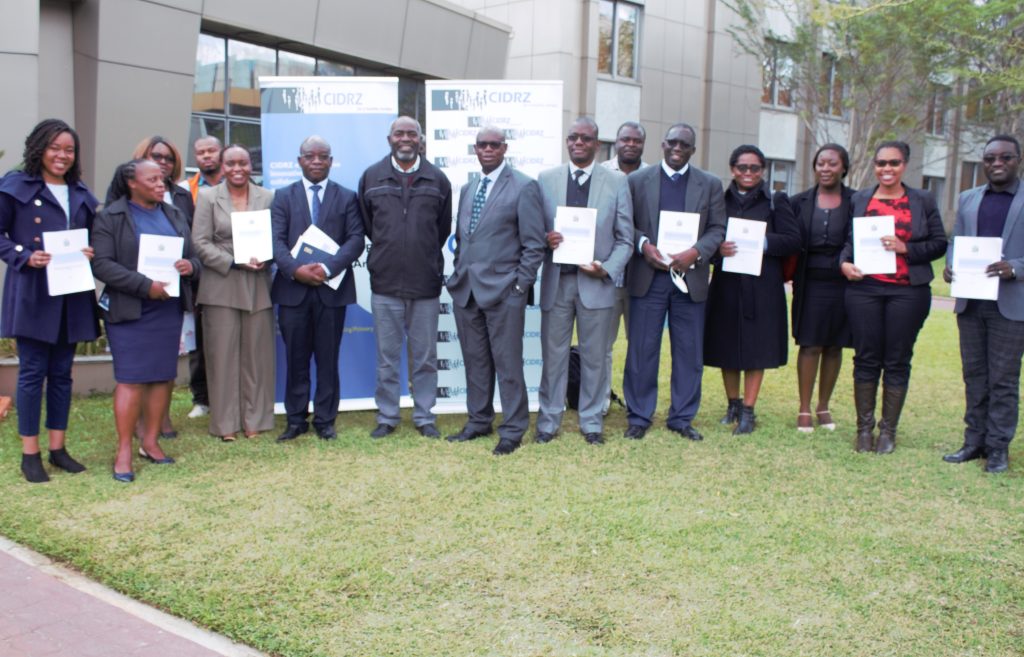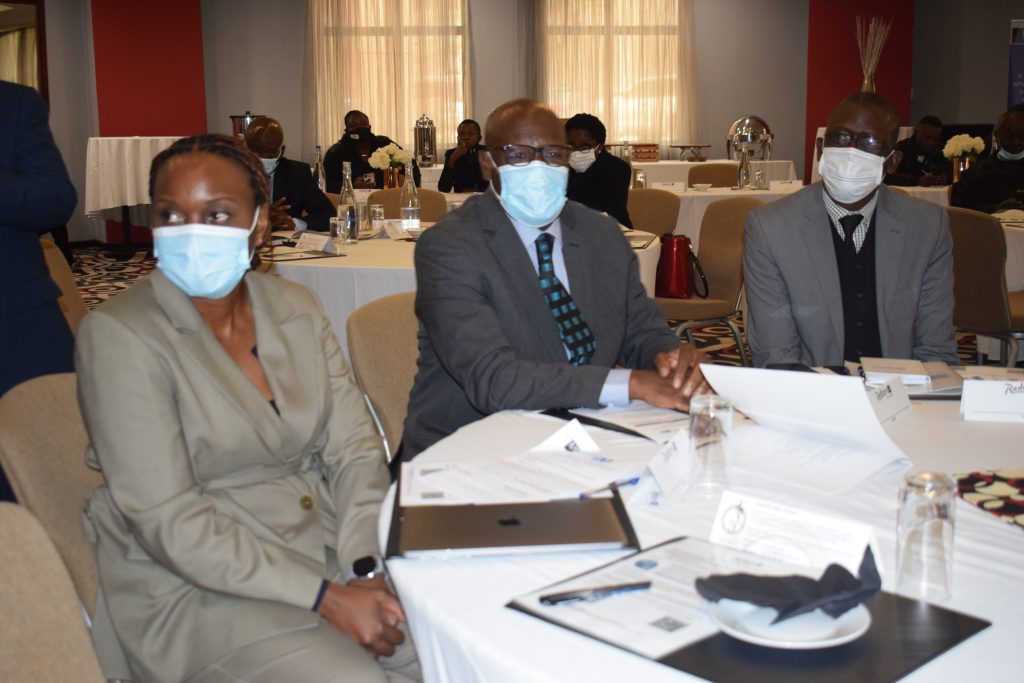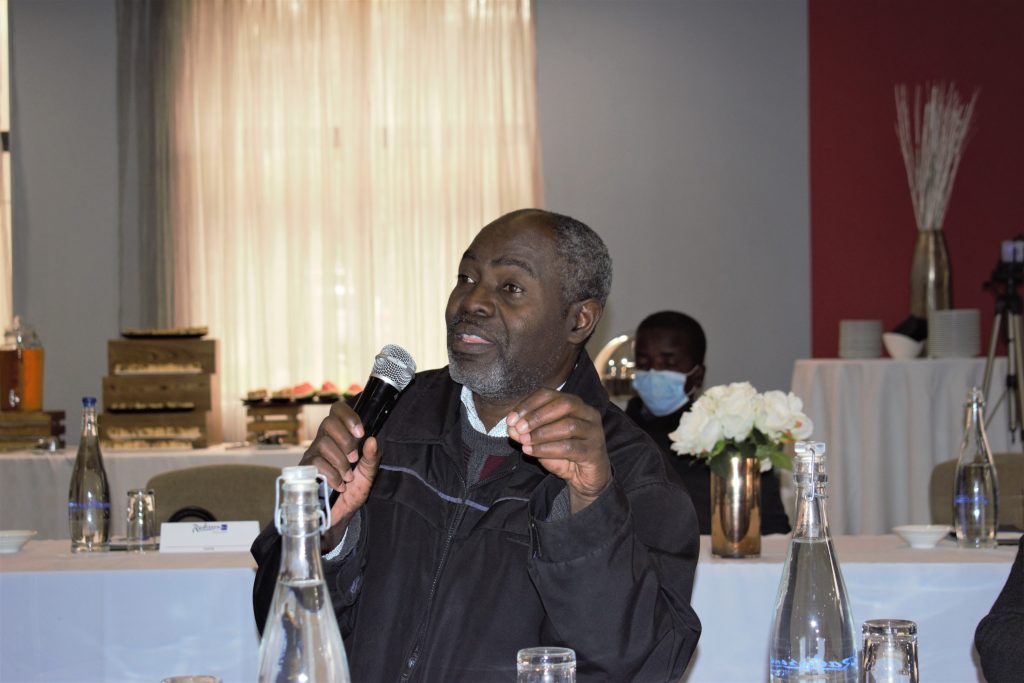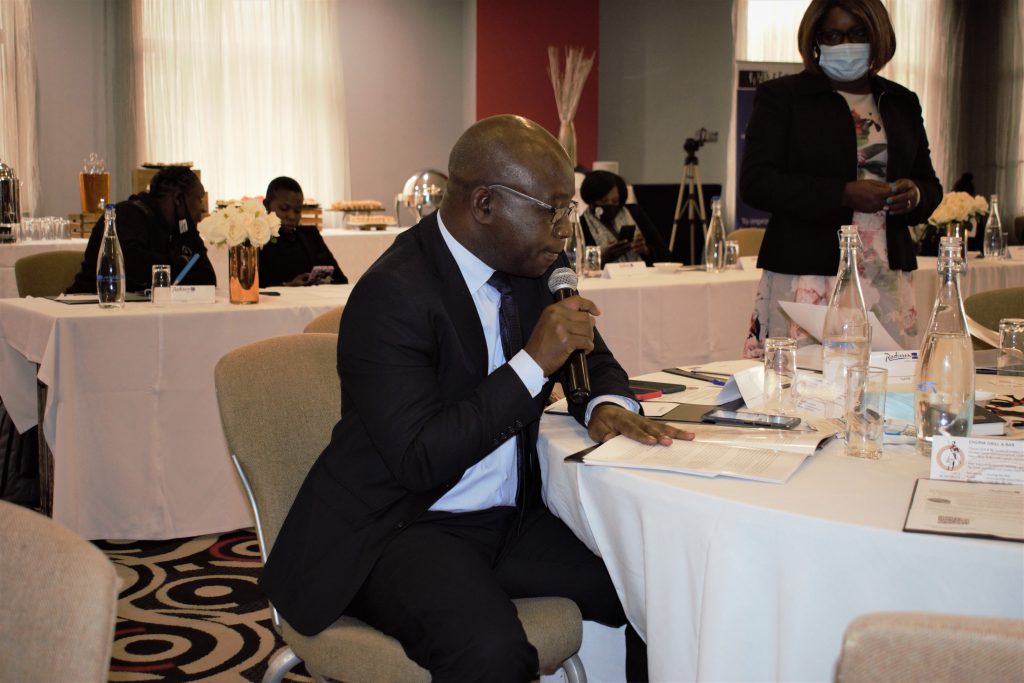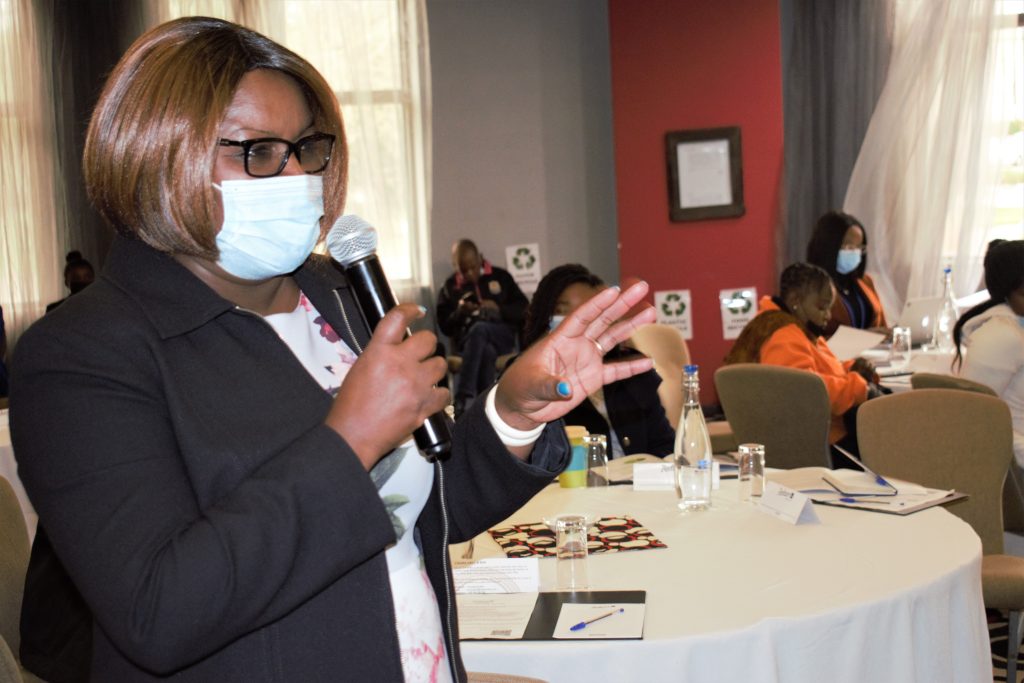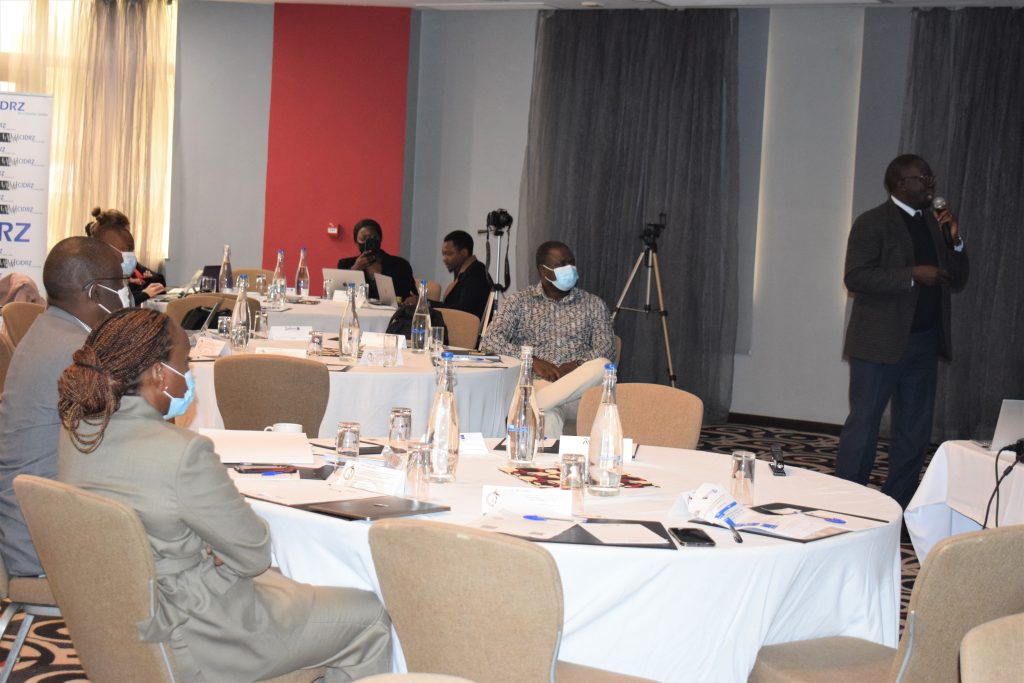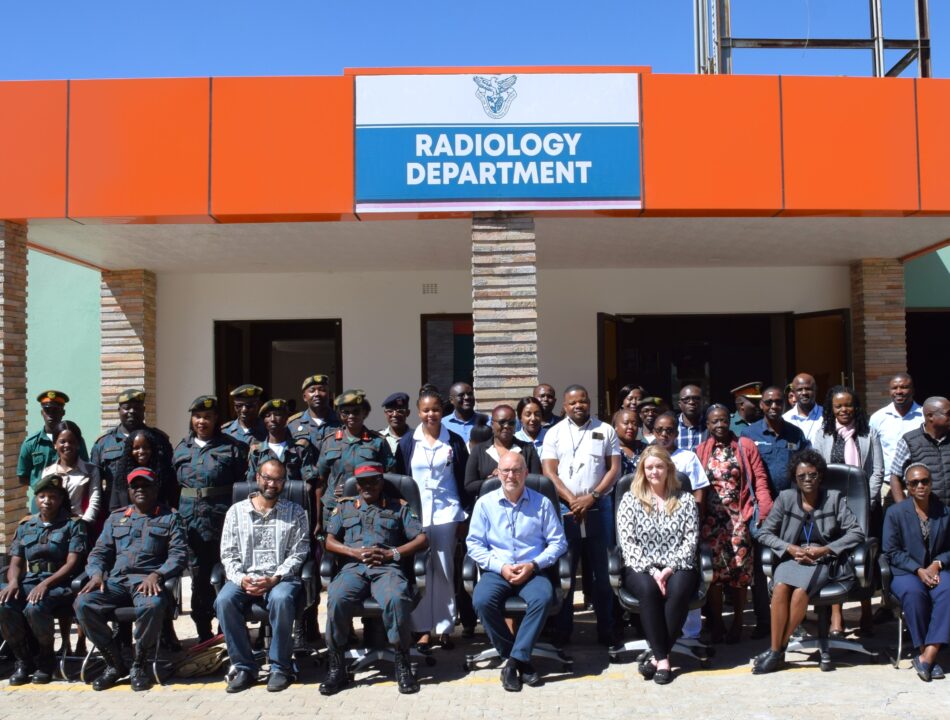- HOME
- ABOUT
- AREA OF FOCUS
- Research
- Enteric diseases & HIV vaccine Research unit
- HIV prevention, care & treatment
- Implementation Science
- Paediatric prevention care & treatment
- Vulnerable Children & Adolescent Health
- Tuberculosis
- Prison’s Health
- Social & Behavioral studies
- New Born & Women’s health
- Primary care and health systems strengthening
- Mental Health
- Hepatitis
- SUPPORT UNITS
- MEDIA
- News
- Annual reports
- Quarterly Newsletters
- Vol.24 CIDRZ Newsletter Q2 FY 2024
- Vol.23 CIDRZ Newsletter Q1 FY 2024
- Vol.22 CIDRZ Newsletter Q4 FY 2023
- Vol.21 CIDRZ Newsletter Q3 FY 2023
- Vol.20 CIDRZ Newsletter Q2 FY 2023
- 1st Quarter Newsletter FY2022/2023
- 4th Quarter Newsletter FY2021/2022
- 3rd Quarter Newsletter FY 2021/2022
- 2nd Quarter – FY 2021-2022
- 1st Quarter 2021-2022
- Research Abstracts/ Scientific Posters
- Research Presentations
- Gallery
- Videos
- TRAINING
- TOOLKITS
- Taskpen Toolkit
- Human Infection Studies (HIS)
- Menstrual Hygiene Management (MHM)
- Better Information for Health in Zambia Toolkit – 2017
- CommART Toolkit
- Operation Triple Zero Plus – HIV Literacy Package for Adolescents
- TASKPEN CLINICAL GUIDELINES :Protocols for the Integrated Management of Cardiometabolic conditions in Adult PLHIV
- JOBS
CIDRZ hands over the first ever Zambia National Non-Communicable Diseases and Injuries (NCDIs) Poverty Commission Report to MoH

ZTA TRAINS CIDRZ SUPPORTED GOVERNMENT HEALTH CARE WORKERS IN ‘THERAPEUTIC ART’
June 6, 2022
CIDRZ donates medicines and medical supplies worth over ZMW 7million to MoH through the USAID TBLON Project
July 6, 2022CIDRZ hands over the first ever Zambia National Non-Communicable Diseases and Injuries (NCDIs) Poverty Commission Report to MoH

The Ministry of Health (MoH) and the Centre for Infectious Disease Research in Zambia (CIDRZ) has launched the first Zambia National Non-Communicable Diseases and Injuries -NCDIs- Poverty Commission Report.
MoH Permanent Secretary for Technical Services Prof. Lackson Kasonka, said there is need to acknowledge that the national burden of Non-Communicable Diseases and Injuries (NCDIs) is a major health concern, and a huge strain on the health care system and the national economy.
“The NCDIs are fast replacing infectious diseases and under nutrition as leading causes of disability and premature death in developing countries. NCDIs kill around 38 million people every year, accounting for 68% of all deaths worldwide and causing half of all global disability. Low and middle-income countries (LMICs) like Zambia are hit the hardest, with over three-quarters of all deaths occurring in these countries.” Said Prof. Kasonka.
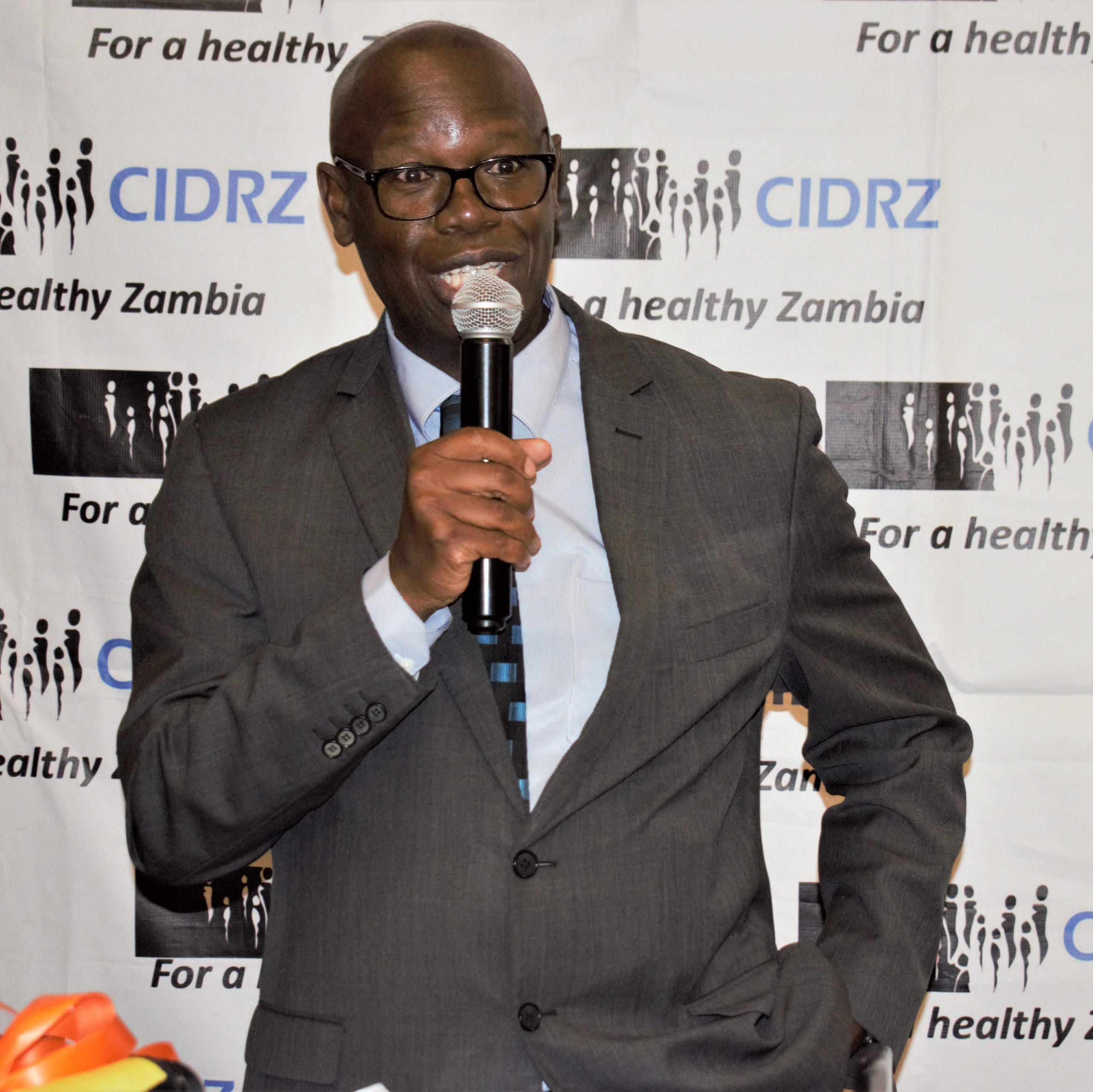
He noted that, in Zambia the rate of progress towards mitigating the devastation of NCDIs has been patchy, uneven and largely off-track.
“The imperative for action is reinforced by persistent gaps and shortcomings in the response, ranging from lack of prioritisation of NCDIs, inadequate resources, a lack of preventative action, vulnerable and ill-equipped health systems to respond to the growing burden, and an absence of the voice of people living with NCDIs in the response.” Prof. Kasonka added.
Further, he noted that there is need to invest in health facilities in respect of readiness to manage NCDs and that in order to identify solutions and mobilize support to address this problem, countries begun to organize National NCDI Poverty Commissions in collaboration with the Lancet Commission of Reframing NCDIs for the Poorest Billion. Zambia followed suit and appointed the first Zambia NCDI Poverty Commission in 2018 whose report has finally been launched.
And the World Health Organization (WHO) Country Representative Dr. Nathan Nsubuga Bakyaita, described NCDI related deaths to have been on an increase in low-income countries and that many of these deaths are due to treatable and preventable conditions especially in children and young adults.
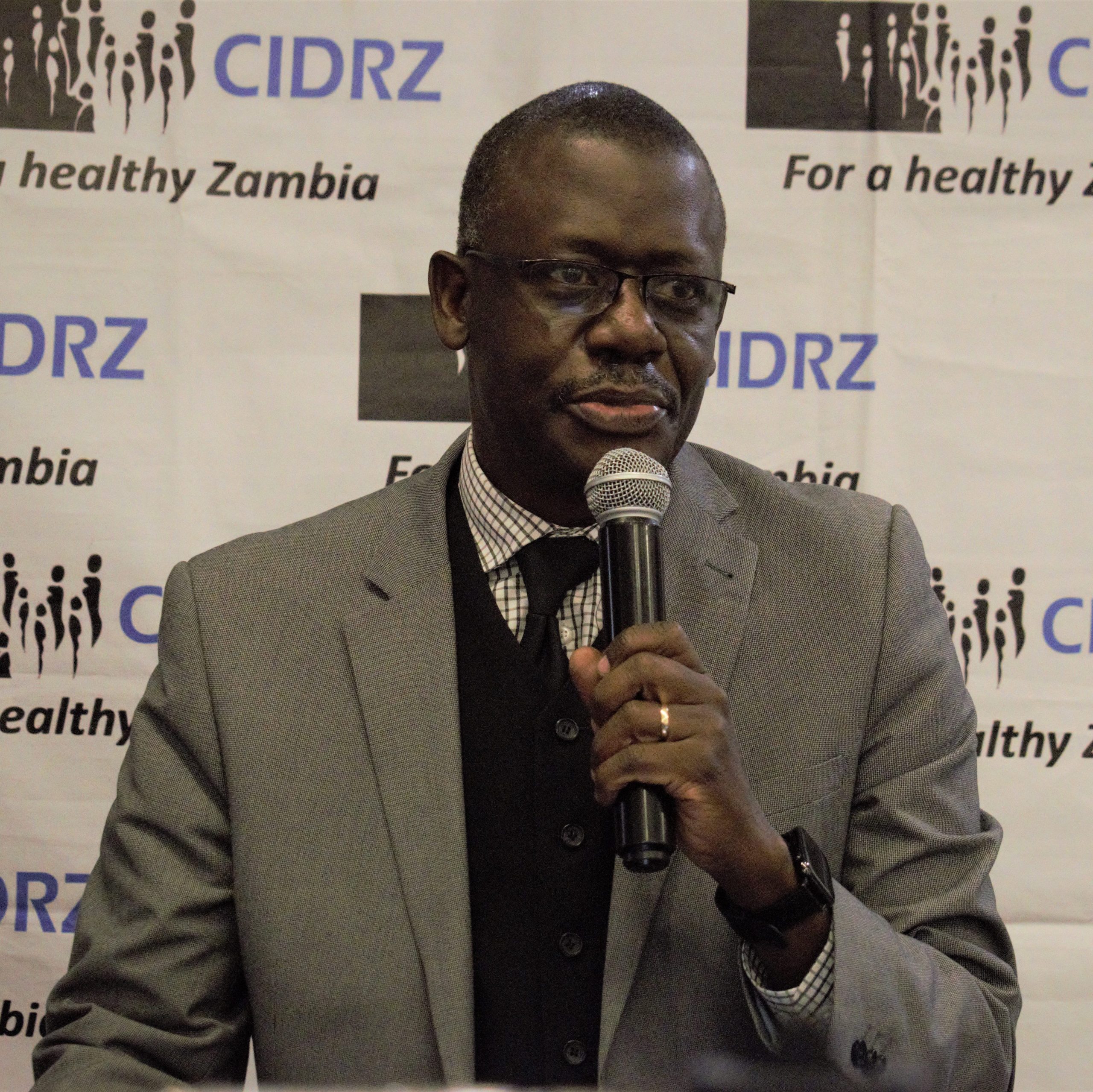
Dr Bakyaita noted that NCDI in developing world have received increasing international attention, but often the press population do yet receive adequate attention. “A report like this one we are launching today, that is looking at gaps that can be addressed sequentially, is a great advocacy tool, for resource mobilisation, not only for financial resources, but for skilled human resources.” Said Dr Bakyaita.
He further added that there is need to be aware of preventable action to delay onset of some of the NCDIs and the need to ensure regular monitoring of the prevalence.
And CIDRZ Chief Executive Officer, Dr Izukanji Sikazwe noted that the Zambian National NCDI Poverty Commission was established in 2018 and was co-chaired by the MOH and CIDRZ, with CIDRZ serving as the secretariat for the commission.
The commission which consists of more than 20 stakeholders from the Ministry of Health, the civil society, academic institutions, and implementing partners had successfully defined the burden of disease in Zambia, which shows a staggering 37% of disease and death in Zambia as being caused by NCDs and injuries.
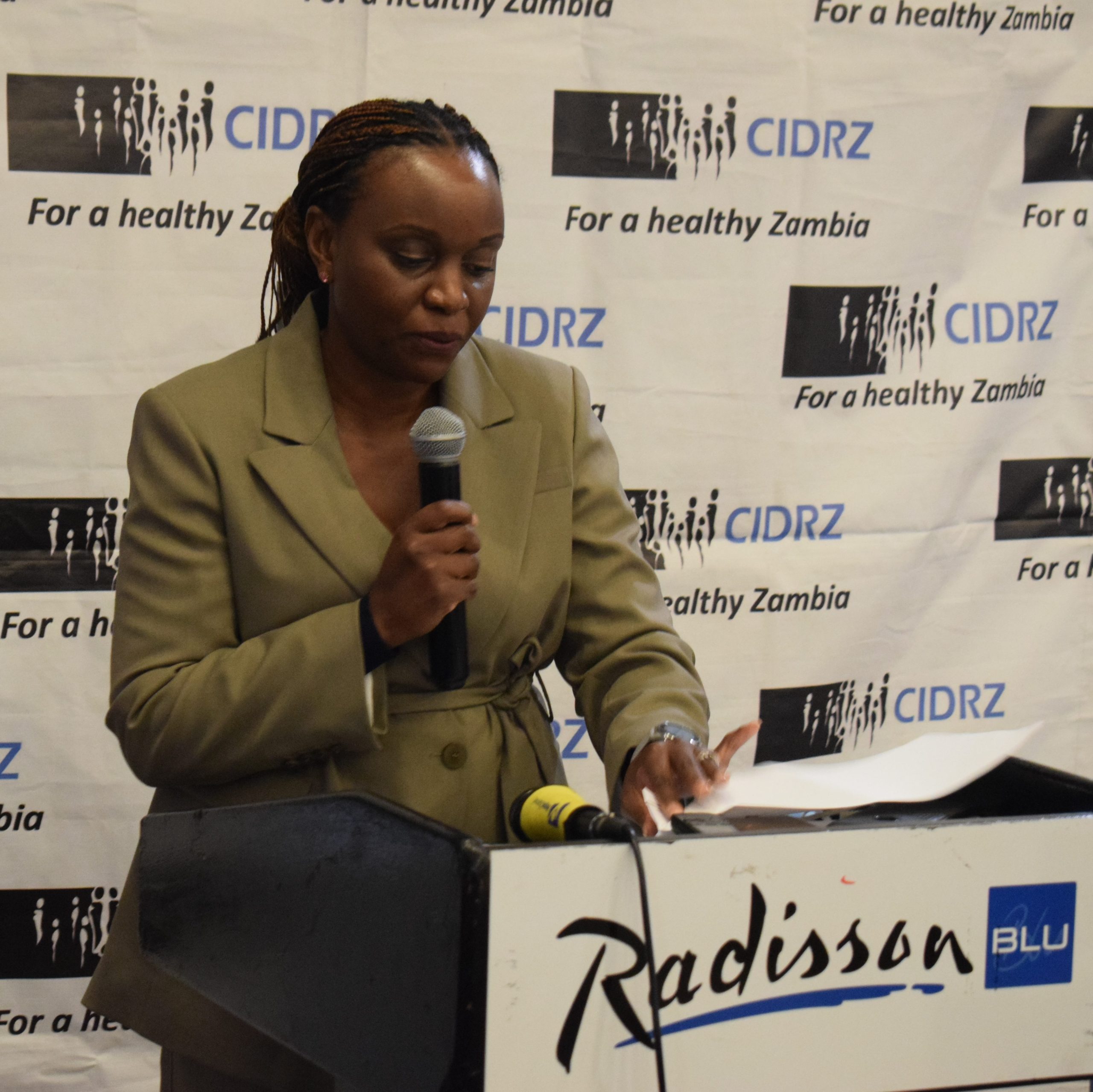
“I am happy to announce that the Zambian National NCDI Poverty Commission has finally managed to produce the NDCI Poverty Commission Report being launched here today. In this report, members of the Commission bring forth the recommended health system interventions and policies that can support the on-going fight against NCDs and injuries for all Zambians.” Dr Sikazwe said.
She said the Commission also undertook a rigorous priority setting process and identified a total of 54 conditions that are critical for Zambia to address in health system planning.
“I am also glad to announce that based on the work of the NCDI commission, CIDRZ applied for and was awarded funding to implement the Package of Essential NCD Interventions (PEN‐Plus) project which is an integrated delivery strategy for chronic care of severe non-communicable diseases at intermediate‐level facilities such as district hospitals. The PEN‐Plus Project builds on the World Health Organization’s Package of Essential NCD Interventions for common NCDs.” She added
Dr Sikazwe said the project aims to provide mid‐level healthcare providers such as nurses and clinical officers with the shared competencies needed to deliver integrated care for groups of related conditions, including psychosocial support and palliative care. She noted that to win the fight against NCDs and injuries for all Zambians, there is need for concerted efforts from all the stakeholders.

